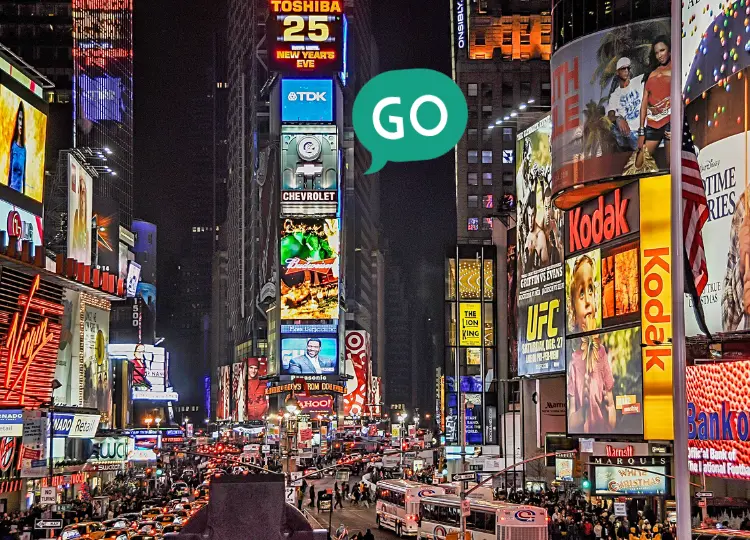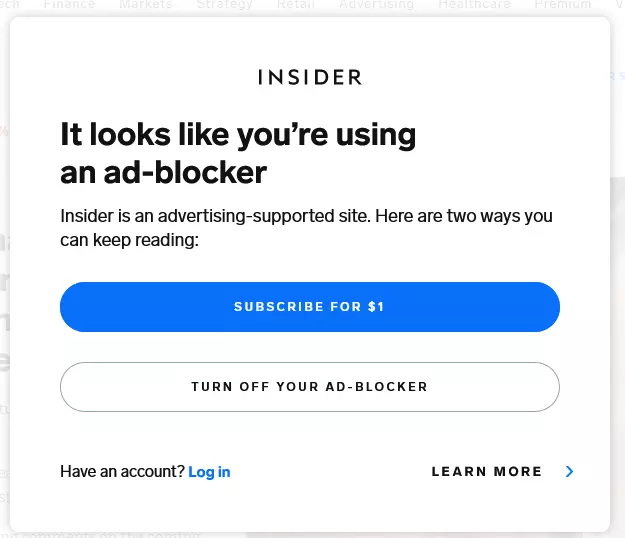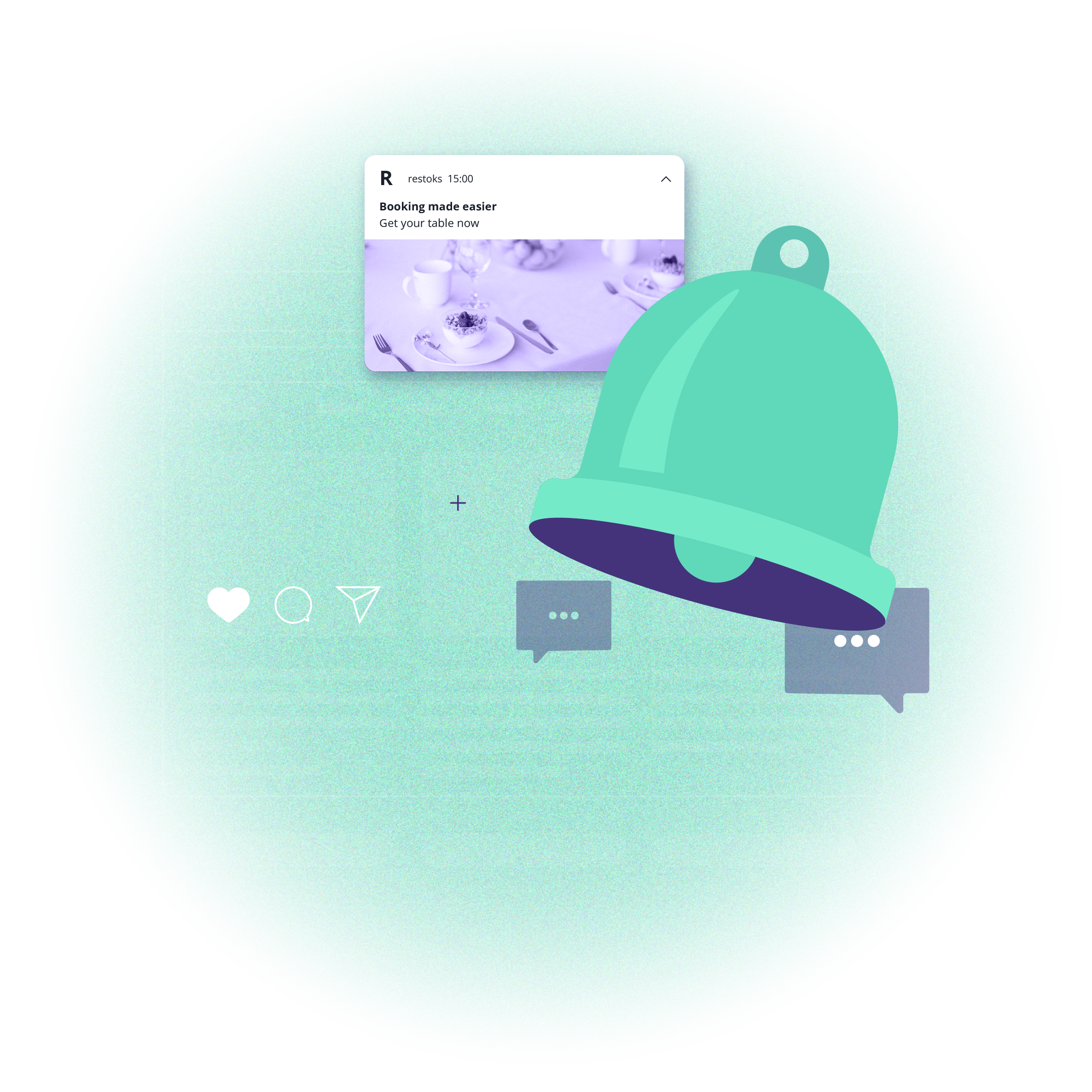Web push and ad blockers - key issues
 Aleksandra Kozioł
Aleksandra Kozioł
Ad blockers are a popular solution used to make internet browsing easier by avoiding the display of ads and pop-ups. How do they affect e-commerce results and online publishers? And do they impact web push notifications?
Ad blockers usage
According to data from the Hootsuite report, 37.0% of internet users worldwide use ad blockers. In Poland, this rate is higher, reaching 38.1%. These solutions are most effective among individuals aged 24-34, with a usage rate of up to 42.3% among men in this age group.
Why do we choose to activate ad blockers? Among the most common reasons cited by survey respondents were:
Too many ads
Ads disrupt the browsing experience
Privacy protection
Irrelevant ads to the user
Inappropriate content in ads
Improving device performance
Preventing companies from collecting user information
Of course, an increasing number of users disable ad blockers on websites they frequently visit. They understand that the revenue generated from ad display is necessary for the functioning of the particular portal or website.

Popular ad blockers
Popular web browsers also introduce safeguards against intrusive ads. Chrome, Edge, and Firefox all provide protection against pop-ups and allow users to customize shields against trackers and cookies. Additionally, Chrome has introduced Better Ads Standards, a set of guidelines to ensure a good browsing experience with ads. If a website fails to meet the requirements outlined in these standards, ads in Chrome will be automatically blocked.
Users who prefer increased protection against ads on the website have a range of solutions to choose from, both free and paid. Among the most popular are AdBlock (used by over 65 million devices), AdBlock Plus, uBlock, Stands Fair AdBlocker, and Ghostery.
What does this mean for publishers and e-commerce owners?
According to Google estimates, in 2015 alone, the losses incurred by publishers due to the use of ad blockers amounted to over 20 billion dollars worldwide (source)
Ad blockers reduce the time spent on websites by 5.5% and decrease e-commerce revenues by 1.45% (source)
Adblockers and web push notifications
How do the most popular adblockers on computers affect the functioning of web push notifications and the display of signup forms?
AdBlock and AdBlock Plus do not block web push notifications or signup forms.
uBlock blocks signup forms and the bell icon in the address bar, but it does not block web push notifications themselves.
Fair AdBlocker does not block signup forms.
Ghostery blocks signup forms.
It is worth noting that the majority of subscribers use web push notifications on mobile devices, whereas adblockers are less popular.
Whitelisting and improving user experience
What can be done to encourage users to disable adblockers on a website? Google proposes the Google Fundiing Choices API, a tool that detects whether users are using ad blockers and displays prompts encouraging them to disable this feature. Depending on preferences, pop-ups can be displayed, for example, when a user has already viewed a certain number of articles or only on specific subpages.

Of course, prompts alone are not enough to convince users to trust a website to the extent of whitelisting it. In the meantime, several other factors need to be taken care of:
Take care of the user experience. If, after disabling adblockers on the website, a visitor is bombarded with a large number of ads that obstruct the content, they are unlikely to make the same mistake again.
Remember about the Core Web Vitals - make sure that ads on the website do not disrupt its functionality.
Make sure you understand why users are using adblockers on the website and tailor the display of prompts to their needs and habits.
Ad blockers have become a natural part of the internet experience - for many people, it is the first thing they install on new devices. Building good user experiences and trust in the website can help overcome the limitations that adblockers may impose.

Content Specialist @PushPushGo
Editor and writer. She is interested in media and new technologies.
Try PushPushGo to engage and connect with your audience.
Create an account and start testing!





